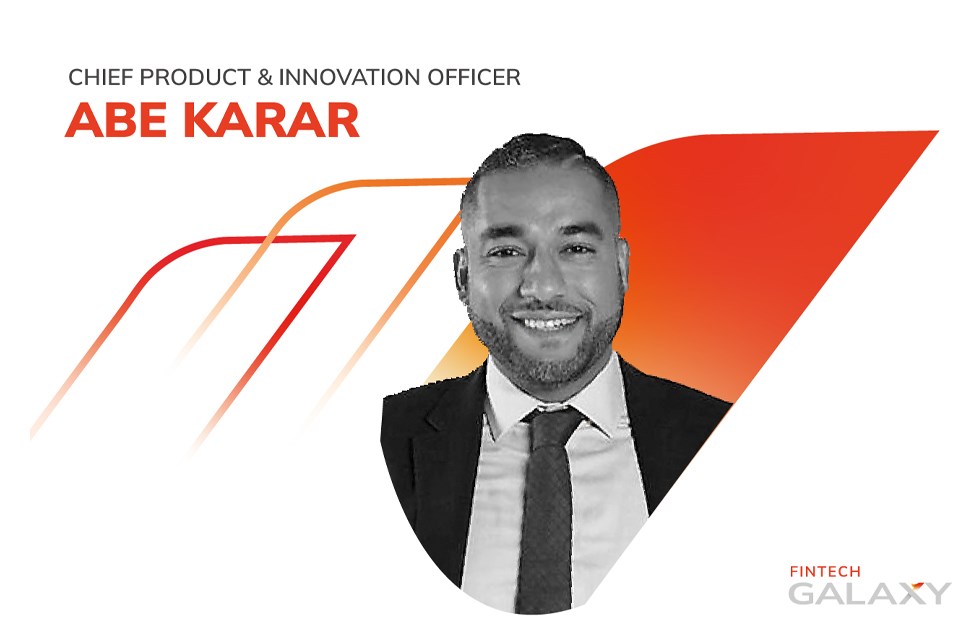We use cookies to ensue you get the best experience on our website

Financial Inclusion is high on the global Open Banking/Finance agenda. Nevertheless, it seems to have failed to a certain extent to deliver on this metric in some jurisdictions worldwide. However, instead of criticizing, let's investigate some examples and highlight some key lessons learned.
First, it's essential to understand that Financial Inclusion is focused on ensuring that financial services are accessible to more of the world's population at a reasonable cost. This means we need to look at both the underbanked and the unbanked. The former represents individuals or business entities who were able to subscribe to some basic financial products and services but lack access to the entire gamut, including credit cards, loans, investments, etc. In contrast, the latter represents those who don't even have access to a basic bank account and thus solely rely on cash, salary cards or Digital Wallets for their day-to-day transactions. The World Bank estimates that some 1.7 billion adults fall in this latter category worldwide. In the MENA region, it is estimated that 47% of the population don't hold an account at a Financial Institution, with an estimated 39% in the Arab world alone. Open Banking and Open Finance can help with that.
The (forgotten) Digital Wallets Open Banking APIs
One very interesting observation about the unbanked segment in this region is that despite potentially having access to a digital wallet or a salary card supported by a mobile app, you will typically see two primary transactions in a given month:
(1) One major deposit, which represents their income (i.e., salary), and
(2) One major withdrawal of the entire deposited income amount
This type of phenomenon is typically attributed to inherent behavioural preferences of this segment that are inclined toward the use of cash, which, unfortunately, results in the loss of valuable data and analytics that can be utilized to provide better access to more suitable products and services. However, even more interesting, despite most Open Banking regulatory frameworks supporting Digital Wallets as a payment account sub-type, barely any digital wallet providers have exposed APIs on the Open Banking network in the region. As a result, we haven't seen any proper implementations.
If Open Banking is leveraged correctly for Digital Wallets, Banks and Financial Institutions can better understand the overall financial footprint of un/underbanked individuals and businesses through Open Banking transaction data. As a result, they would be able to extend access to better lending facilities and payment options.
What about use cases for Businesses?
Another challenge we've seen in MENA is how Open Banking has primarily targeted Retail use cases and lacks proper support for Business use cases, including for both large Corporates and Small & Medium Enterprises (SMEs). In today's environment, if a Business client would like to provide a TPP with consented access to their transaction data, there aren't many Financial Institutions out here that offer compliant Open Banking APIs. Let's take an example close to home. Bahrain is one of the pioneers in Innovation, FinTech and Open Banking. However, despite having launched their Open Banking initiative in 2019, there hasn't been a single Business (Corporate/SME) Open Banking use case implemented to date. SMEs seeking financing would have to go through a traditional paper-intensive process, requiring them to provide three years of audited financial statements. In addition, Banks/Financial Institutions primarily rely on the Credit Bureau report to assess a credit application, which often reflects outdated information and doesn't always provide a complete picture of the Business' financial ability and stability. However, by leveraging Open Banking account/transaction data to augment traditional data sources (i.e., Credit Bureau), Financial Institutions can make better decisions on the Business' credit eligibility and, consequently, enhance overall Financial Inclusion. Additionally, such Open Banking data is accessible through a standardized API, which facilitates automation of the end-to-end process with almost complete straight-through processing (STP), resulting in operational efficiency and a better client experience.
So, how can we try to fix this?
There is so much to be said here; however, I would like to stick to the following key lessons learned based on the abovementioned:
. Take a holistic approach to Financial Inclusion, which extends to both unbanked and underbanked segments
. Exploit opportunities for leveraging Open Banking for Digital Wallets to extend value-added services to the unbanked segment
. Extend Open Banking use case implementation beyond the Retail consumer segment; Business (i.e., Corporate/SME) use cases should be included from the start
. Ensure that the entire ecosystem is connected and that all Banks and Financial Institutions comply and implement the same Open Banking standards
. Introduce extended "Action" APIs to facilitate access to more diversified products and services that are specifically designed for the underbanked and unbanked.
Our vision at Fintech Galaxy is to reimagine the future of inclusive financial services through Open Finance and innovation. We believe in Open Finance, and we feel that individual consumers and Business entities have the right to access and share their financial data and use alternative payment methods to receive the best and most cost-effective services tailored to them. We create opportunities that help the unbanked/underbanked consumers and Businesses in the region and around the world access the right financial products and services to achieve financial stability and pave the way for a better financial future. We aim to build the world's most affordable, secure, reliable, and developer-friendly Open Finance platform. Our mission is to provide enhanced, seamless, and enjoyable financial experiences.